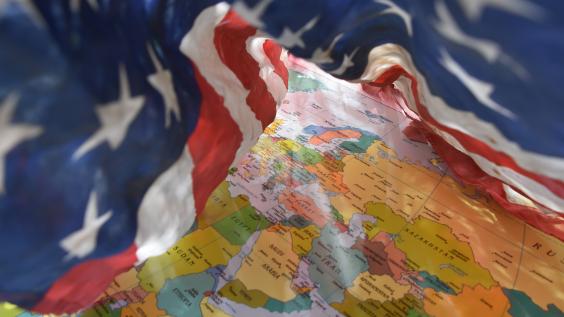The Middle East remains a critical focus of U.S. foreign policy, despite recent debates about whether America should pull back from the region and focus on other parts of the world.
This half-day conference, co-sponsored by the Edward P. Djerejian Center for the Middle East and the Middle East Institute, examined the future of relations between the United States and the Middle East — particularly Iran.
In the first panel, experts explored how global energy and economic dynamics, combined with broader geopolitical shifts driven by the rise of China and Russia’s recent aggression, have recast the role of the Middle East and its significance to the United States.
The second panel narrowed in on U.S.-Iran relations. Experts discussed how regional security and political tensions impact the prospects of an Iran nuclear deal, as well as how the current protests in the country will affect internal dynamics and Iran's external posturing.
Follow @Baker_EPDCtrME on Twitter, and join the conversation with #BakerMiddleEast.
Registration
Registration is closed.
Events and webinars are powered by the contributions of our donors and members. Please consider supporting our work by making a gift or joining a membership group. Learn more here or text BAKER to 243725 to give today.
Agenda
|
9:00 am |
Breakfast |
|
9:15 am |
Welcome RemarksPaul Salem, Ph.D. The Honorable David M. Satterfield |
|
9:30 am |
Panel I — Why the Middle East Continues to Matter to America and the WorldModerator: Brian Katulis, Vice President of Policy, Middle East Institute F. Gregory Gause III, Ph.D. Dalia Dassa Kaye, Ph.D. Jim Krane, Ph.D. Paul Salem, Ph.D. |
|
11:00 am |
Panel II — Assessing Iran’s Future: The JCPOA and the Current ProtestsModerator: The Honorable David M. Satterfield, Director, Baker Institute; Former Ambassador to Lebanon and Turkey Suzanne Maloney, Ph.D. Mohammad Ayatollahi Tabaar, Ph.D. Kristian Coates Ulrichsen, Ph.D. Alex Vatanka |
| 12:30 pm | Adjourn |



